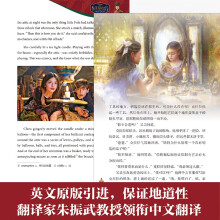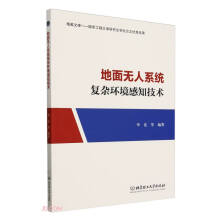










全书共三十章,按时间顺序分为四个部分:古希腊古罗马时期、中世纪时期、文艺复兴时期以及近代新篇章。每一章都以一个特定的人物或历史事件为主题,如苏格拉底之死、宗教裁判所、十字军东征等,讲述人类文明发展史中发生过的宽容与不宽容。这是一部西方宗教发展史,同时也是一部人类文明进化史。
在《宽容》里,房龙从人文主义立场出发,从历史源头反省人类的愚昧和偏执,他发现对于异己的恐惧是所有不宽容的起因。由于信仰、道德、风俗等的不同,人类形成了不同的利益群体。每个群体在偏执和固执所构成的壁垒森严的城堡里,抵御着外界和来自外界的影响。偏执和固执给人类带来了很多悲剧,许多追求自由新知的人物为冲出这壁垒而殉身。
Our ancestors, in search of easy plunder, had come in contact with what they were pleased to call 'wild men' or 'savages.'
The meeting had not been a pleasant one.
The poor heathen, misunderstanding the intentions of the white men, had welcomed them with a salvo of spears and arrows.
The visitors had retaliated with their blunderbusses.
After that there had been little chance for a quiet and unprejudiced exchange of ideas.
The savage was invariably depicted as a dirty, lazy, good-for-nothing loafer who worshipped crocodiles and dead trees and deserved all that was coming to him.
Then came the reaction of the eighteenth century. Jean Jacques Rousseau began to contemplate the world through a haze of sentimental tears. His contemporaries, much impressed by his ideas, pulled out their handkerchiefs and joined in the weeping.
The benighted heathen was one of their most favourite subjects. In their hands (although they had never seen one) he became the unfortunate victim of circumstances and the true representative of all those manifold virtues of which the human race had been deprived of by three thousand years of a corrupt system of civilization.
Today, at least in this particular field of investigation, we know better.
温馨提示:请使用长沙图书馆的读者帐号和密码进行登录